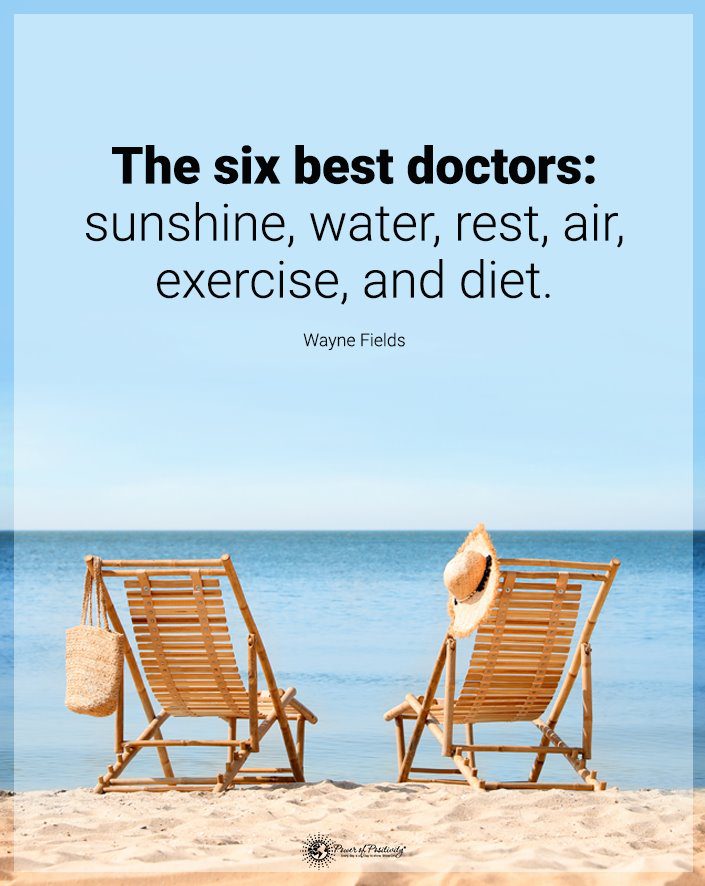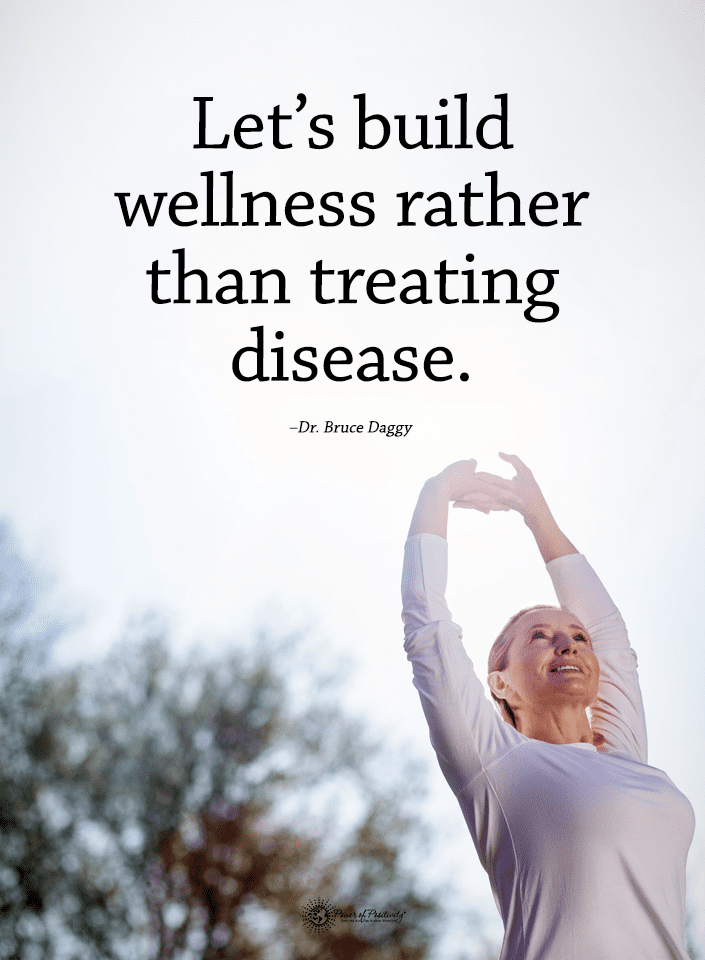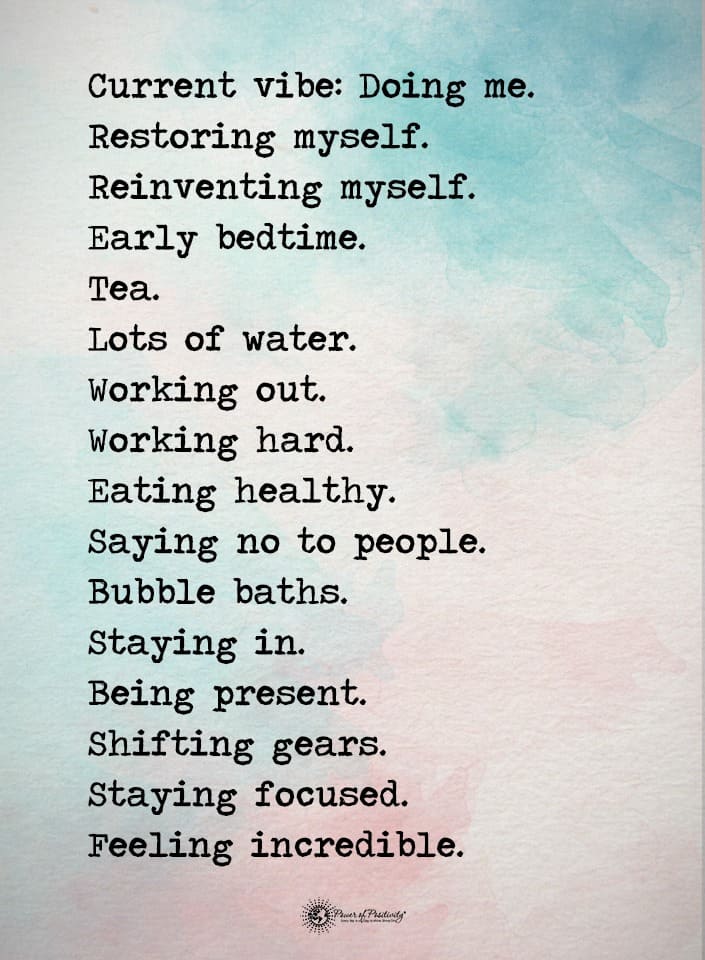Do you struggle with unexplained weight gain? Do you try all the latest diets without results?
“I exercise hard and consistently and eat relatively well, but no matter what I do, I CAN’T SEEM TO LOSE THE WEIGHT.” As a health and fitness coach, certified personal trainer, and fitness nutrition specialist with over a decade of industry experience, I can explain the weight gain. However, it’s not quite as simple as simply “calories in/calories out,” I wouldn’t be as quick to Google “metabolic resistance” or self-diagnose a slow metabolism.
This article will discuss the primary differences between fat and weight loss. It will also explain the many factors affecting your weight loss process. You will better understand what is fundamentally wrong with your current weight loss process, why you can’t see results and the next best steps.
Yo-Yo Dieting and Fad Diets: Dangerous Mistakes That Lead to More Weight Gain
First, let me paint this scenario. I had a friend who wanted to lose ten pounds. So she went on a traditional diet and decided to decrease calories using the popular and seemingly revolutionary intermittent fasting method. We’ll call her Fasting Nancy.
Fasting Nancy doesn’t want to be bothered with calorie tracking, measuring, or weighing food. Furthermore, the thought of meal prep feels exceptionally overwhelming. So she opts for a program that allows her less meal planning/preparation. It doesn’t necessarily require calorie tracking, and the instructions are relatively straightforward.
Eat food in a specific eating window, and do not eat outside of it. Pretty simple. Right?
So Fasting Nancy notices over 12 weeks that she lost some weight and her clothes fit a bit looser. She is not paying much attention to progress week to week. But the intermittent fasting lifestyle works for her. After about 16 weeks, her progress seems to come to a screeching halt. She notices the scale has not moved other than general fluctuations. Some weeks her weight is up; other weeks, it’s down. It stays the same on other weeks. She decides to accelerate her progress and joins a gym. She’s never been much of a gym person, but maybe with a buddy or an accountability group, this could change.

Nancy joins the local gym and doesn’t know what to do inside the gym. But she attends a few fitness classes per week. After a few weeks, she starts to notice some muscle definition! She feels more vigorous and has new friends who meet her Tuesdays and Thursdays. The new buddy system helps her stay consistent and accountable. The only issue is that she’s noticing that the scale is creeping back up. She starts to panic and begins skipping two meals instead of one. She also feels hungry much more often now than ever.
Suddenly intermittent fasting feels very difficult to stick to, which is confusing since she never had problems with adherence before exercising regularly. Nancy realizes that most of her thoughts focus on food. Intermittent fasting was a simple solution that now feels mentally and physically exhausting for her. Nancy slowly starts snacking outside of her fasting window.
“I’ll just have some pretzels or a bite of my kids’ grilled cheese,” she thinks. “Surely a few BITES of something won’t affect my fast.” “Oh wait, the whole point of FASTING is to fast, so did I just ruin EVERYTHING?” “Is that really all it took to ruin all of my progress?”
The thoughts and confusion quickly became more trouble than the diet was worth. Nancy keeps up with her workouts but then reverts to her old eating habits. In doing so, she eats when she feels hungry. Perhaps she overcompensates on some days due to missing breakfast foods. It doesn’t for the gain weight–and then some. This story is real. I agreed to work with Nancy to help her lose the rebound weight without giving up carbs. You see, she planned to go keto before speaking with me. Let’s break down Nancy’s experience and pinpoint what went wrong.
The False Promises of Every Traditional “Diet Plan”
Before we dive into the mistakes of dieting, understand that every traditional diet (name a popular diet) is the same concept. It is a calorie deficit. That is all. Whether the calorie deficit comes from shortening or expanding an eating window, limiting/removing carbs, limiting/removing fats, sugar, or other foods/food groups, every diet results in a calorie deficit. The ongoing debates about which diet seems to be the most superior or effective will continue until the end of time. If you speak to a friend in the thick of Whole30, your friend will rave about Whole30 since the initial phases showed promising results.
Have you ever seen someone rave about drinking shakes, fasting, or anything else, and then have a run-in with them a few years later to see that they’ve regained all the weight? I bet you have. I can bet a paycheck you’ve even had similar experiences. Traditional diets pride themselves on catchy taglines and promise to drop X amount of weight in ___ amount of time. Of course, they promise this result without exercise, calorie tracking, or meal prep, or any other rules to ensure a calorie deficit without realizing you’re in it.
As a former overweight yo-yo dieter, I, too, fell for all of these taglines and false promises. I had the highest hopes, only to return to square one. We rarely consider other factors when choosing a traditional diet. “How will this affect my environment/social life?” “Can I give up carbs or skip breakfast forever?” “What does day 31 of Whole30 look like?” We’re not thinking ahead because we are a culture that has become so secure in a quick, simple result.
Unsurprisingly, people are turning to a weight loss drug created for type 2 diabetes patients with some pretty harsh side effects to lose weight quickly. Don’t worry. We will discuss the dangers of losing weight too quickly or aggressively. Let’s look at the additional factors influencing weight loss beyond simply calories in/out.
Mistake #1: Many Buy Into a “Canned Diet Plan” Instead of Meeting Individual Needs
When we hear “calories in/calories out,” this means an energy balance. If you are burning more energy (calories) than you are consuming, more often than not, you will lose weight. If you consume more energy than you will burn more often than not, you will gain weight. Conversely, if your energy is equal to your energy out more often than not, you will maintain your weight. We all, as individuals, require a unique range of calories to maintain normal body function. That’s your basal metabolic rate or BMR. Other factors will influence your total daily energy expenditure (or TDEE), including structured exercise and non-exercise activity thermogenesis (or NEAT).
It includes moving outside of exercise, walking or being on your feet in an active job, keeping up with the children as a stay-at-home mom, etc. Finally, we burn calories via the thermic effect of food (TEF). That’s the energy it takes for your body to digest, absorb, and metabolize the food you eat. For example, eating 100 calories of protein requires 20-30 calories to break down and digest. Your total calories represent the number of calories you eat in a day. To understand weight gain, loss, maintenance, or other trends, you must know calories in/out. Many factors can complicate this.
Burning 300 calories in a 30 min cardio workout will always be relatively low compared to your total daily energy expenditure. Factor in an active job vs. a sedentary job and 3-5 strength workouts. Now we have a much higher energy requirement than someone with a sedentary job who does not exercise or prioritize movement in their day. That said, calories in/out will always range depending on what foods you eat and how you move. Someone who prioritizes protein in each meal, for example, and daily movement will naturally burn more calories over time just by breaking these foods down, not to mention the function protein plays in muscle build/repair, contributing to more lean mass on the body, which will also play a role in calories burned at rest, as well as several hundred exercise calories burned per week.
It’s how someone with an active lifestyle, which prioritizes whole foods naturally lower in calories vs. highly processed calorie expensive foods, may have an easier time with weight loss vs. someone who juggles working two jobs and being a parent of young children with limited time to exercise or cook.

An individualized approach toward weight loss makes much more sense than committing to a diet with universal standards. Additional rules may work temporarily for some, but sustainable adherence is a different story.
Mistake #2: Forgetting to Adapt Food and Exercise Needs to Her Changing Body
Let’s go back to Fasting Nancy and review what went wrong. When Nancy entered her intermittent fasting diet, she was unknowingly cutting out approx 500 calories/per day. Skipping a morning protein bar, coffee with cream and sugar, and a banana can do that. Hence the reason she initially saw some results. You’ll see the scale decrease when you cut many calories through diet, exercise, or a combination of the two.
The issue is, how much of this weight loss is fat loss?
Suppose the number of calories you consume doesn’t support lean muscle mass. In that case, your body will use stored fat, muscle, and other tissue for energy vs. the energy you put into the body, which will force your body to adapt to a lower calorie intake. When someone loses ten pounds, their energy requirements become naturally lower after losing ten pounds vs. someone who has always been that weight. This is where things get a bit slippery. Instead of understanding energy requirements and anticipating a temporary plateau in weight loss, Nancy made the classic mistake that most people make while attempting weight loss.
She panicked and attempted to double down on efforts to power through the plateau and speed up the process. Unfortunately, resorting to unsustainable habits to speed up her efforts backfired into weight gain. Nancy even joined a gym for the first time in her life, ordered a water bottle, and did a ton of burpees, running, rowing, and exercises she didn’t even like to see results quicker. It wasn’t long before Nancy was working out more frequently and intensely, eating less food, and finding it extremely difficult to lose the weight as quickly as it came off in the initial stages.
Women’s most significant weight loss mistake is not knowing when and what adjustments to make.
If Nancy could have taken an intentional diet/exercise break in the short term, she could have quickly begun to continue losing fat. In every diet scenario, you will experience a level of metabolic adaptation (when the body adapts to a low-calorie requirement and systems slow down to adapt).
The issue when you start your calorie deficit with an aggressively low intake is not only will this be difficult to maintain long term due to hunger, but your body will also quickly adapt. What happens when your 1200 calorie intake becomes 1000 with exercise and no results to show? Women become frustrated and confused, and they quit. This yo-yo dieting cycle is dangerous.
Mistake #3: Many People Are Unmindful of Portions, Leading to Weight Gain
Conversely, there is a more positive, ideal scenario for every Fasting Nancy. Let’s look at another client who we will name Holistic Hilda. Holistic Hilda wants to drop ten pounds. But she wants to keep the ten pounds off. So instead of choosing a traditional diet, where she’s likely to regain ten pounds. She decides to hire me, and we look at her habits first. Holistic Hilda would describe herself as “mostly healthy,” eating whole foods and prioritizing exercise. But she’s curious if eating mostly healthy could still mean overeating more often than not.
Hilda decided to track her nutrition for two weeks. Everything she puts into her body is getting tracked on myfitnesspal without judgment. After all, she knows that not tracking accurately or not being entirely truthful with her logs would only hurt her in the long run. After two weeks of tracking, Hilda noticed that she enjoys wine one day during the week and both weekend days. She can also clearly see that she wasn’t measuring her wine intake precisely.
Once she started measuring, she could see that she was at least doubling the recommended serving size every time she drank. This habit combined with a mindless evening snack habit, and she figured out two easy habits she could mitigate without doing a complete 180. Instead of snacking out of boredom after dinner, she went on a 30 min walk. She even journaled or meditated on her walks to manage her stress. As a result, she drank way less.
She committed to one glass of wine on weekends only and measured her wine to ensure accurate tracking. We also restructured her strength program to ensure she was training hard but recovering well. Over approximately six to eight weeks, Hilda could see more muscle definition and less bloat. Although the scale only showed a seven-pound weight loss, she was sure she maintained more muscle than ever while losing body fat.
Tracking everything you consume is critical to reversing this unintended weight gain.
Through the tracking process, Hilda could also see she was eating a low amount of protein and could bump it up, giving her lean muscle the needed fuel. Hilda was confident she could continue her healthier habits and behaviors to maintain this fat loss without resorting to anything drastic. She even had a great attitude about the scale and could understand general fluctuation. In other words, she didn’t let scale fluctuations change her daily decisions. I received a text from her about a month ago, letting me know that she maintained her weight loss for six months and feels confident about summer approaching.

Mistake #4: Expecting Weight Loss to Happen as Fast as the Weight Gain Did
After comparing both scenarios, it’s much more appealing to be like Hilda and keep the weight off easily, right? Think of weight loss like choosing a red pill or a blue pill. Red is an immediate weight loss without guarantee of how long or if it will last, and blue is a gradual yet forever result. We wonder why anyone would choose the red pill, yet we seek the quick fix before considering long-term effects at the drop of a hat. We do this partly because of a lack of uncertainty and because changing habits and behaviors are way more complicated than simply following short-term rules, no matter how miserable we feel.
So, how can we put this into action? Exercise is good for us, but too much could be unsustainable or drive our appetite up, making it challenging to adhere to a calorie deficit. Eating whole, nutrient-dense foods, lean protein, healthy fat, and slow-digesting carbs will help improve our health. However, eating these foods won’t necessarily guarantee we’re eating in a deficit, maintenance, or surplus.
Traditional dieting often leads to short-term results followed by rebound weight gain.
Here’s a general rule, if you don’t see yourself doing it forever, you likely won’t stick to the diet. Some people make dietary changes for personal or ethical reasons with no intention of weight loss (choosing to live plant-based or alcohol-free, for example).
Mistake #5: Convenience Foods and Dining Out Can Lead to Weight Gain
Some people will choose a lifestyle of intuitive eating (essentially removing all food rules and rejecting diet culture to rely on innate physical hunger/fullness). Yet, in a world with an overwhelming amount of diets and an 87 billion-dollar fitness industry, we are still a country that is primarily overweight and 40% obese. Why? Because it comes down to behaviors.
Instead of shopping and cooking, we are door-dashing and eating out. Instead of managing stress, we drink wine or eat chocolate. We can live unconsciously of our habits and behaviors without regard for how much time goes by. Still, the second we want results, we expect the results to be instant without changing behaviors. Although we shouldn’t be LIVING on a diet, we should be living the majority of our life in maintenance.
We have no concept of maintenance or moderation because we’re a society of extremes. The best action step you can implement today is to reject an all-or-nothing mindset. Learn the tools and strategies that will work well for your unique lifestyle.
Final Thoughts on How to Avoid Weight Gain and Stay Healthier for Life
What if I told you my most successful clients don’t hit their nutrition goals perfectly daily? What if they do not give up the foods they love? It’s true. Progress and perfection are two completely different things. To make progress, you need to focus on PROCESS and not on a perfect set of circumstances or using a set of rules to abide by. Strict diets don’t work because we are all imperfect beings.
Whatever the goal is, I know from my personal experience and in my experience coaching hundreds of women it’s not worth sacrificing your mental health to see a certain number on the scale. Fat loss and weight loss are two completely different things. You don’t need to give up everything you love to lose body fat and tone up. The short-term cookie-cutter diets and programs are not worth the hype and will leave you feeling defeated. Make more informed, educated decisions to improve your health daily; you’ll likely love the result. Don’t live your life on a diet. Create a diet that allows you to LIVE.
!function(r,u,m,b,l,e){r._Rumble=b,r[b]||(r[b]=function(){(r[b]._=r[b]._||[]).push(arguments);if(r[b]._.length==1){l=u.createElement(m),e=u.getElementsByTagName(m)[0],l.async=1,l.src=””https://rumble.com/embedJS/ug6pt””+(arguments[1].video?’.’+arguments[1].video:”)+””/?url=””+encodeURIComponent(location.href)+””&args=””+encodeURIComponent(JSON.stringify([].slice.apply(arguments))),e.parentNode.insertBefore(l,e)}})}(window,document,””script””,””Rumble””);
Rumble(“”play””,{“”video””:””v4eljz””,””div””:””rumble_v4eljz””,””autoplay””:2});
The post 5 Things That Cause Unexpected Weight Gain (And How to Fix It) appeared first on Power of Positivity: Positive Thinking & Attitude.






